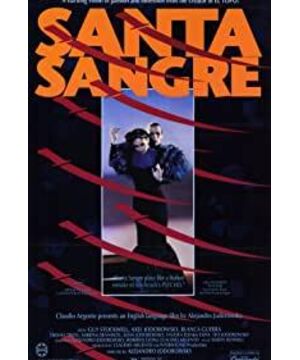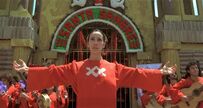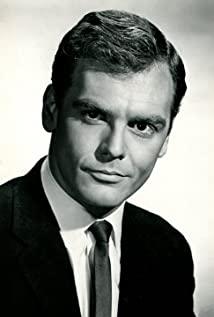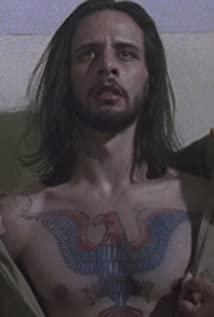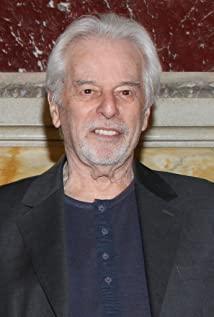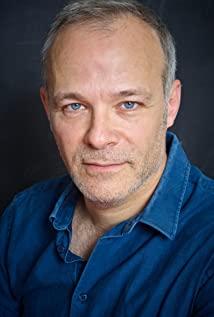This movie is more narrative and logical than "Holy Mountain" and "Mole", and it is easy to understand, but it also loses its original mysterious, magical and surreal appeal (and this is the director's film The greatest charm). At the end of the movie, quotations from the Bible are quoted to give the whole movie a deeper flavor. The "hands" have become a guide to lead them to the correct path of faith. In the past, they worshipped idols (girls and mothers with broken arms), blasphemed the gods, and finally FENIX I repented, got out of my obsession, and finally destroyed the idol with my own hands (the doctrine of the Christian Ten Commandments, you must not worship gods and idols other than Christ), which coincides with the plot of the priest and the police destroying the "church" at the beginning of the movie. But when the movie is here, it seems that it can surpass the simple understanding of religion. It can be seen as a struggle between people and false beliefs or infatuations, and in the end FENIX got out of the predicament through the love of a dumb girl.
Therefore, the film tells the story of a mentally ill person, or a normal person who is extremely obsessed with spirit. This kind of wrong obsession may have appeared in everyone, but the degree is only serious, "Holy Blood" And "Mentally Ill" are both fascination with mother and her thoughts, "Night of Kabylia" is Masina's fascination with men's pure love, and "Veridian" is a false fascination with Christianity. Casanova's fascination with sex... the end result is either destruction or confusion, or repentance and renewal in a great pain or injury.
People who are mentally fragile, closed, and lack of refuge.
View more about Santa Sangre reviews


